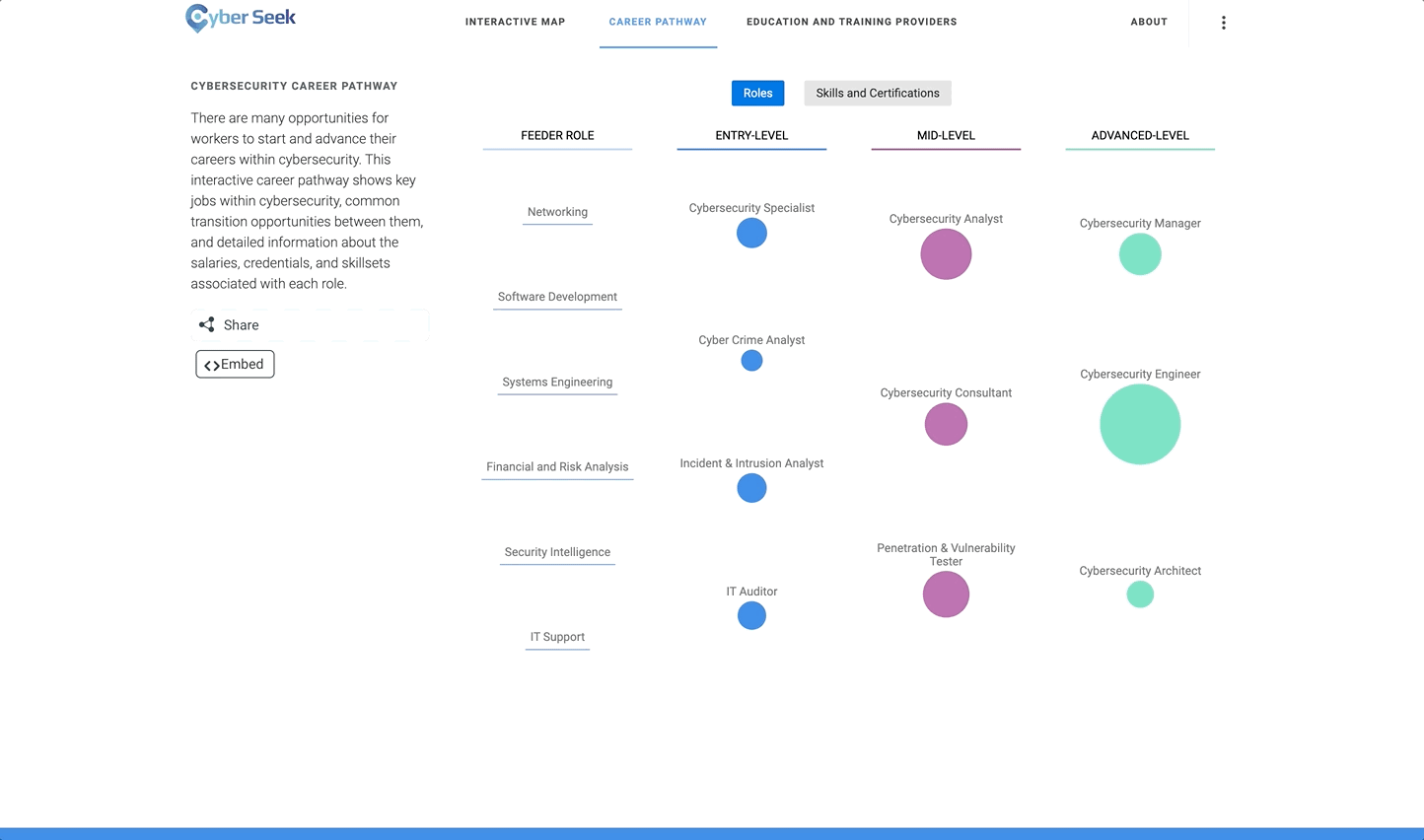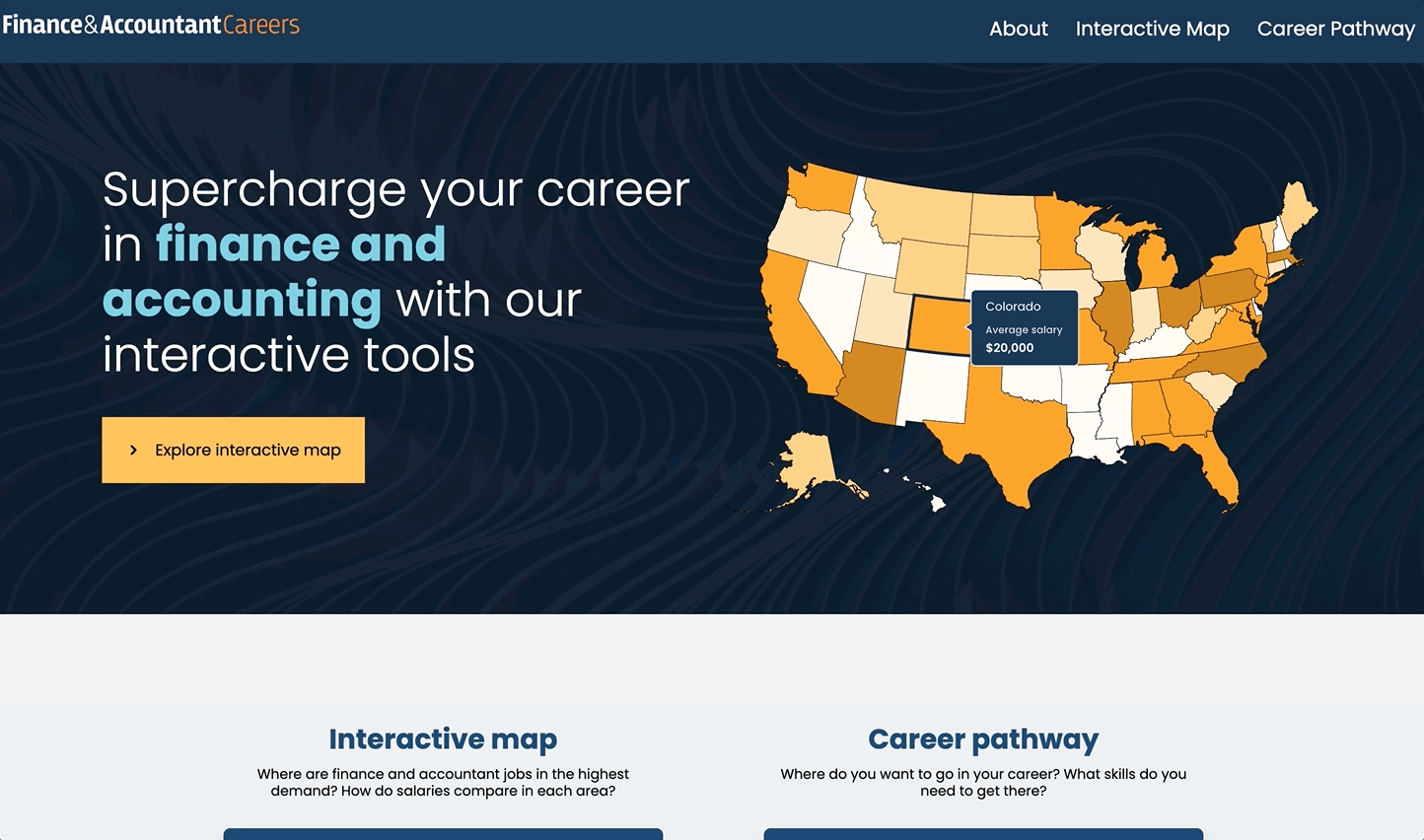 Insight
Why career pathways are so important to the new world of work
Insight
Why career pathways are so important to the new world of work

To keep pace with the new world of work, companies are paying increasing attention to their career pathways. With so many different career options available and with different employers offering varied and often multidisciplinary roles, it’s hard to know which profession is the right one to pursue. This runs true for both emerging and existing talent, and the race for the best candidates is fiercer than ever.
In response, a clear and accessible career pathway can provide valuable insight into these individuals’ futures and support them in their efforts towards achieving their goals — including the skills and experience needed to build on their chosen paths.
What are career pathways?
Career pathways are important to the new world of work because they provide a clear path for individuals to pursue and achieve their career goals. They can help provide guidance and structure so individuals can choose a meaningful career that fits their skills, interests and passions — while also offering opportunities for growth, intriguing tasks, work-life balance, and so on.
Career pathways also allow those individuals to easily access resources, advice and support that will help them acquire the skills and knowledge needed to be successful in their chosen field. By providing such resources, career pathways help motivate individuals to gain skills for the new world of work and be better prepared for future job opportunities as they arise.
Why the changing world of work demands a new approach
In a recent trends forecast, with data backed by the Burning Glass Institute, Forbes identified skills-based hiring as increasingly on the rise. In the US, the number of jobs requiring a college degree dropped from 51% in 2017 to 44% in 2021. Key takeaway: skills are now just as important as qualifications.
On the flipside, in this tight labour market, job seekers have far greater choice about the careers they go into. Employers need to demonstrate the benefits of choosing a career in their field or industry in order to entice the top talent to walk through their doors. As new generations of talent demand more from their working lives than a monthly payslip, employers who offer career clarity stand to attract and retain the most capable individuals for longer.
3 key benefits of career pathways
- Organisations can put forward a compelling case to attract and retain the best talent in today’s job market by surfacing the details that matter – be it salary, career trajectory, key skills required, emerging skills, or supply and demand for a certain role or job type.
- Organisations can engage their user base further and encourage them to take actions, whether it’s a simple sign-up or as a sales tool to enrol in training and credentials programmes.
- Organisations can position themselves as standard-bearers of good practice, committed to transparent and meritocratic career progression.
Our Career Pathway tools provide career clarity for some of life’s biggest decisions
According to Prospects, almost half (45%) of all UK university students feel unprepared for their careers ahead.
Our Career Pathway tools use evidence-based data to demystify career choices — whether it’s for students looking to enter the job market or established professionals looking to make a career change.
Here are a couple of examples of our Career Pathway tools in action:
To help close the cybersecurity skills gap in the US, CyberSeek provides detailed, actionable data about supply and demand in the cybersecurity job market in visual and interactive ways, with a clear and informative career pathway at its centre.

This interactive tool equips users with the key data needed to be informed as they build their career plans in the finance and accountancy industry, whether they’re considering joining or they’re a seasoned professional looking to switch career lanes.

Reach out to Jake to learn more about how a Career Pathways solution can bring clarity to your workforce development efforts.
